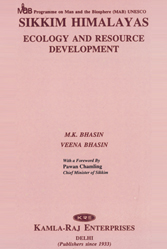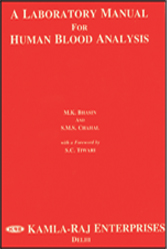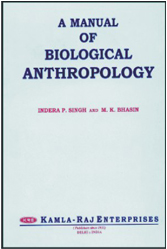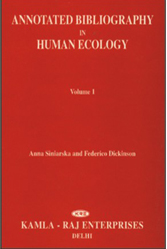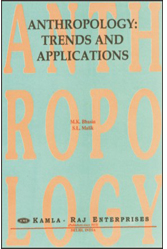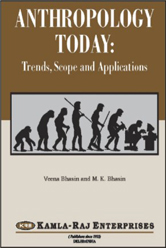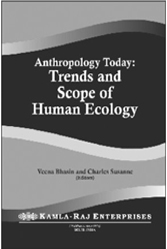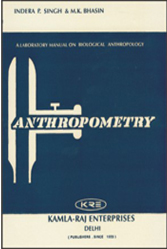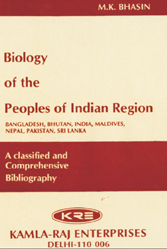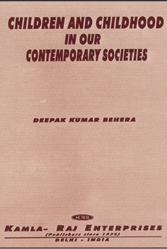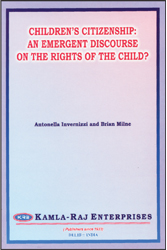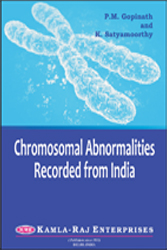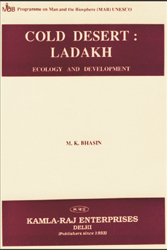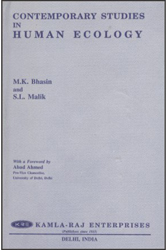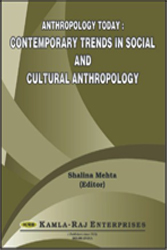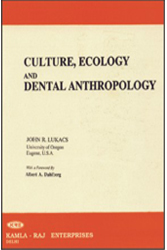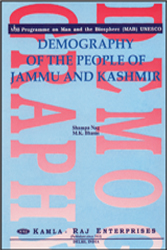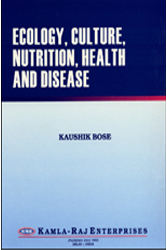SPECIAL VOLUME HUMAN ECOLOGY
AFRICAN INDIGENOUS KNOWLEDGE SYSTEMS AND FOOD SECURITY
HASSAN O. KAYA (University of KwaZulu-Natal, South Africa)
2014 • Pages: 111 • Binding: Hard • PRICE: US $ 50/- Rs. 1000/-
(Human Ecology Special Issue No. 18)
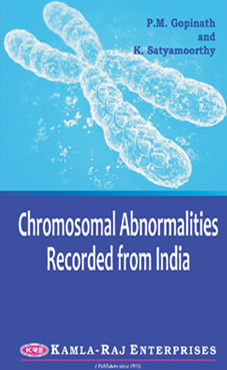
This special publication on African Indigenous Knowledge Systems and Food Security brings together a number of research papers based on studies conducted in Tanzania, South Africa, Democratic Republic of the Congo (DRC) and Malawi. The term ‘Indigenous Knowledge Systems’ is used to describe the bodies of knowledge developed by local communities as opposed to the western scientific knowledge that is generally referred to as ‘modern’ knowledge. Indigenous knowledge has been articulated in various ways as the basis for local-level decision-making in local communities various aspects of life including issues related to food security. It has value not only for the culture in which it evolves, but also for scientists and development agencies striving to improve conditions in rural localities. It forms the basis of locating the development process within the context of local ways of knowing including culture and value systems. Incorporating indigenous knowledge, therefore, into food security policy strategies can lead to the development of effective strategies that are cost-effective, participatory and sustainable as they are based on what the people themselves know and can sustain.
